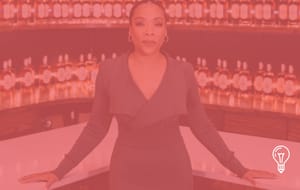Uncle Nearest
Professional Mentorship, Cultural Capital, Spirits Industry, Diversity Initiatives, Occupational Communities, Knowledge Transfer
—

Professional Mentorship, Cultural Capital, Spirits Industry, Diversity Initiatives, Occupational Communities, Knowledge Transfer
